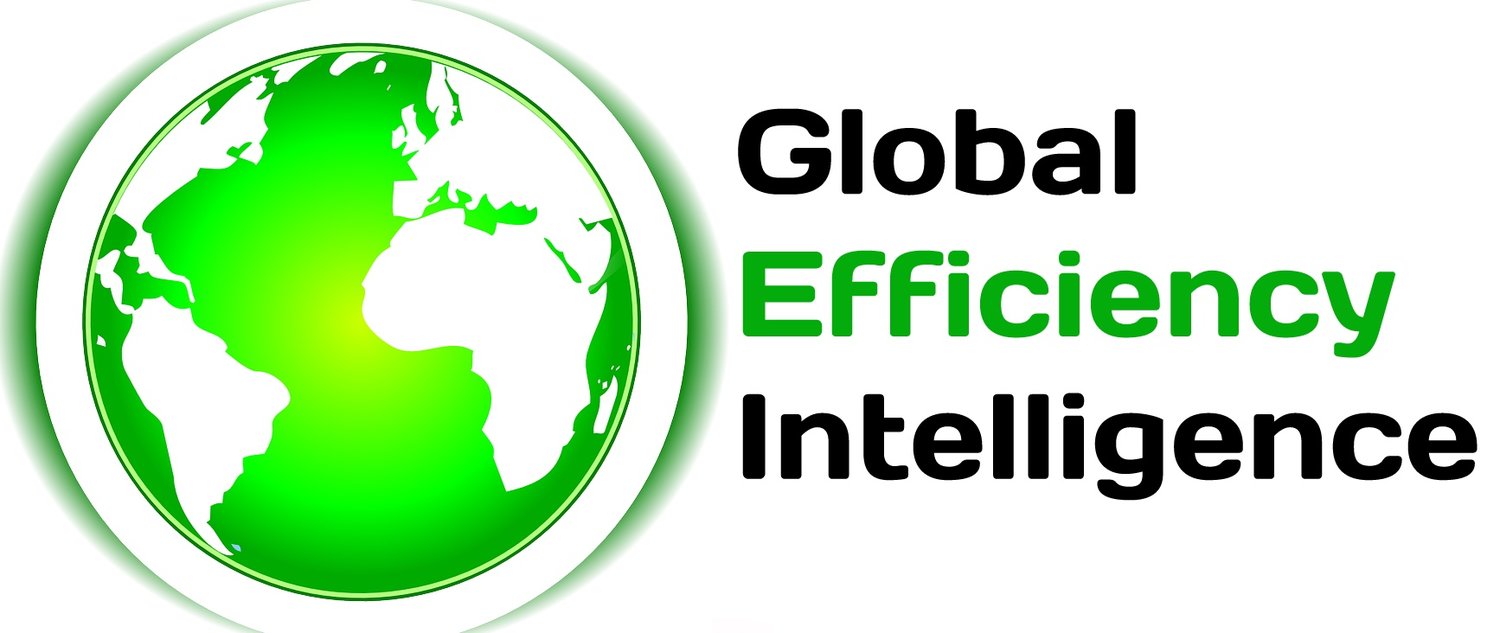Aluminum industry's Energy and CO2 Benchmarking
Primary aluminum production is one of the most energy-intensive industries worldwide. The production of alumina, an intermediate product in aluminum production, is also a highly energy-intensive process.
Global aluminum demand is projected to grow at an average annual rate of 1.2%, representing over 15% growth in total demand by 2030 over current levels, as projected by the IEA. This growth in demand will be driven by continued population and GDP growth, as well as increased demand for specific aluminum-based materials, including lightweight vehicles and renewable energy technology. This significant increase in aluminum consumption and production could drive a significant increase in the industry’s absolute energy use and CO2 emissions in the absence of substantial efforts towards efficiency and decarbonization in the aluminum industry and electricity grid.
Global Efficiency Intelligence is conducting a benchmarking study for energy and CO2 emissions intensity of the aluminum industry among the largest aluminum-producing countries. We focus on the two phases of aluminum production value chain responsible for the vast majority of energy use and associated CO2 emissions: alumina production and the electrolysis process to produce aluminum.

